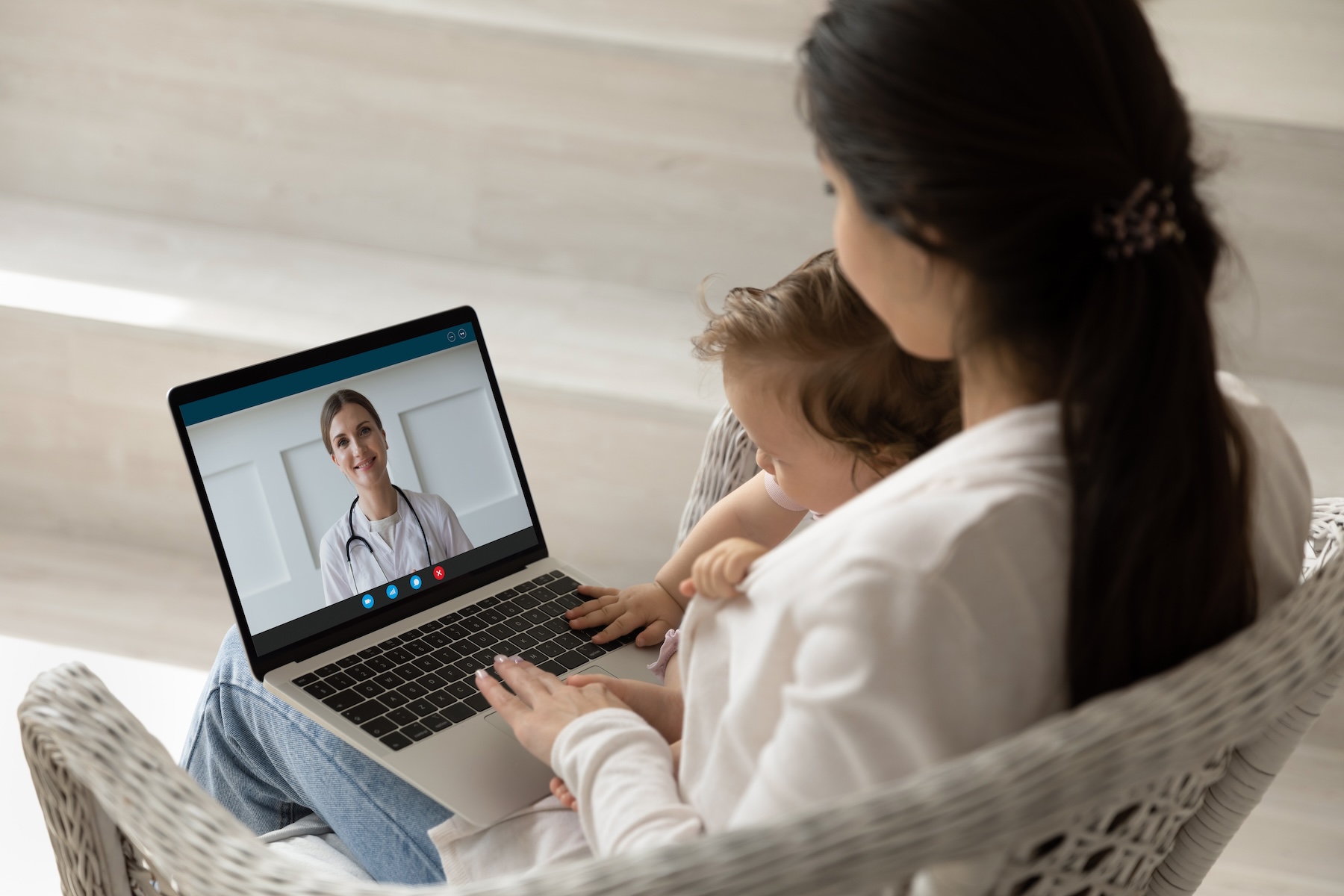Sometimes, seeing a specialist is the right move. Other times, your primary care provider (PCP) can get the answers you need faster through an eConsult.
An eConsult is not something patients request directly—it’s ordered by your PCP. Through this process, your doctor securely shares your medical history, test results, and questions with a specialist. Within a few days, your PCP gets expert guidance and can update your care plan.
Here are five situations where an eConsult might be the better option:
1. The Wait Is Too Long
Specialist appointments in Colorado can take weeks or months to schedule. An eConsult often provides answers in just a few days, helping you avoid unnecessary delays.
2. Travel Is a Burden
If you live in a rural community, seeing a specialist may mean hours on the road. An eConsult allows your PCP to get input from experts without you needing to leave town.
3. You’re Not Sure a Specialist Is Necessary
Sometimes it’s unclear if a full referral is really needed. An eConsult lets your PCP clarify whether seeing a specialist would add value, saving you from an extra appointment if it isn’t required.
4. You Have a Stable Chronic Condition
For conditions like diabetes, asthma, or high blood pressure, your PCP may only need occasional specialist input. An eConsult helps them confirm treatment plans while keeping your care close to home.
5. You Want Faster Answers on Medicaid
Medicaid patients can face extra challenges navigating the healthcare system. eConsults improve access by giving your PCP a direct line to specialists—streamlining your care and avoiding unnecessary referrals.
The Bottom Line
An eConsult doesn’t replace your relationship with your PCP—it enhances it. Your doctor remains your main point of contact but can quickly pull in expert support when needed. This means:
-
Quicker answers without long waits.
-
Less travel, saving you time and money.
-
Stronger care coordination between your PCP and specialists.
If your PCP recommends an eConsult, it’s their way of ensuring you get expert input without the barriers of traditional referrals.
